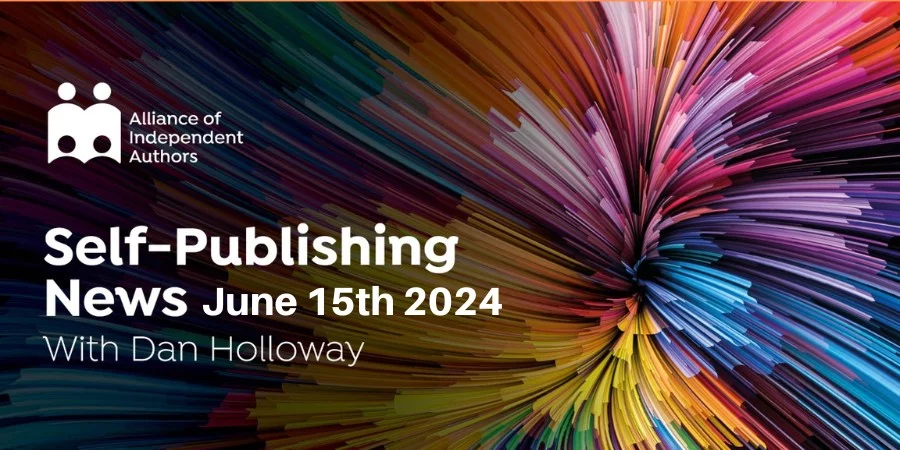
ALLi News Editor, Dan Holloway
Okay, “in a gold rush, sell shovels” is a cliché and one I’ve used a few times recently, but it’s a cliché because it’s true. Ethical AI is, of course, the latest gold rush. While the most obvious beneficiary from the shovel-selling philosophy is chip manufacturer Nvidia, other piggybackers are starting to circle. Add the general existential fear among creatives to that principle and what you get is a stream of providers seeking to provide assurance around the ethical origins of AI platforms. Ethical AI is, in essence, the carbon offsetting of the new tech wave.
It was only a few months ago I reported on Fairly Trained, which was set up to provide a seal of approval for platforms whose AI training doesn’t infringe copyright. This week I came across Source.Plus. This is a tool designed to help create a dataset whose only contents are works whose creators have consented to be used for AI training. The idea, of course, is that if you train your AI on this dataset, you can claim extra ethics points.
Source.Plus seems to be doing this by searching the web for the consent and opt-out options attached to works. In particular, it looks for the use of Creative Commons licenses that don’t require attribution. Reading about this made me vow to go for a deeper dive into how Creative Commons is evolving to handle creators’ wishes around AI. I will report back.
Non-infringing AI matters a lot to creatives, including writers. But as I’ve reported recently, it can sometimes seem that politicians feel there is a tech vs. creator binary. And while the European Union has been praised for coming down on the creator side with its AI Act, the current UK government has often seemed to favor tech giants at all costs.
This makes the current UK election campaign an interesting time to test the water of political feeling. The Writers’ Guild of Great Britain has issued a manifesto with what it believes are writers’ main concerns. AI and copyright are, of course, key points. The UK Publishers Association’s Dan Conway has seen positive signs of election manifestos making pledges on the subject. The manifesto of the ruling Conservative Party, in particular, is mentioned. It states, “We will ensure creators are properly protected and remunerated for their work while also making the most of the opportunities of AI and its applications for creativity in the future.” Let’s just say I find Conway’s optimism sweet and might note as an aside that I see the “while” in that sentence doing a whole lot of work he perhaps doesn’t.




